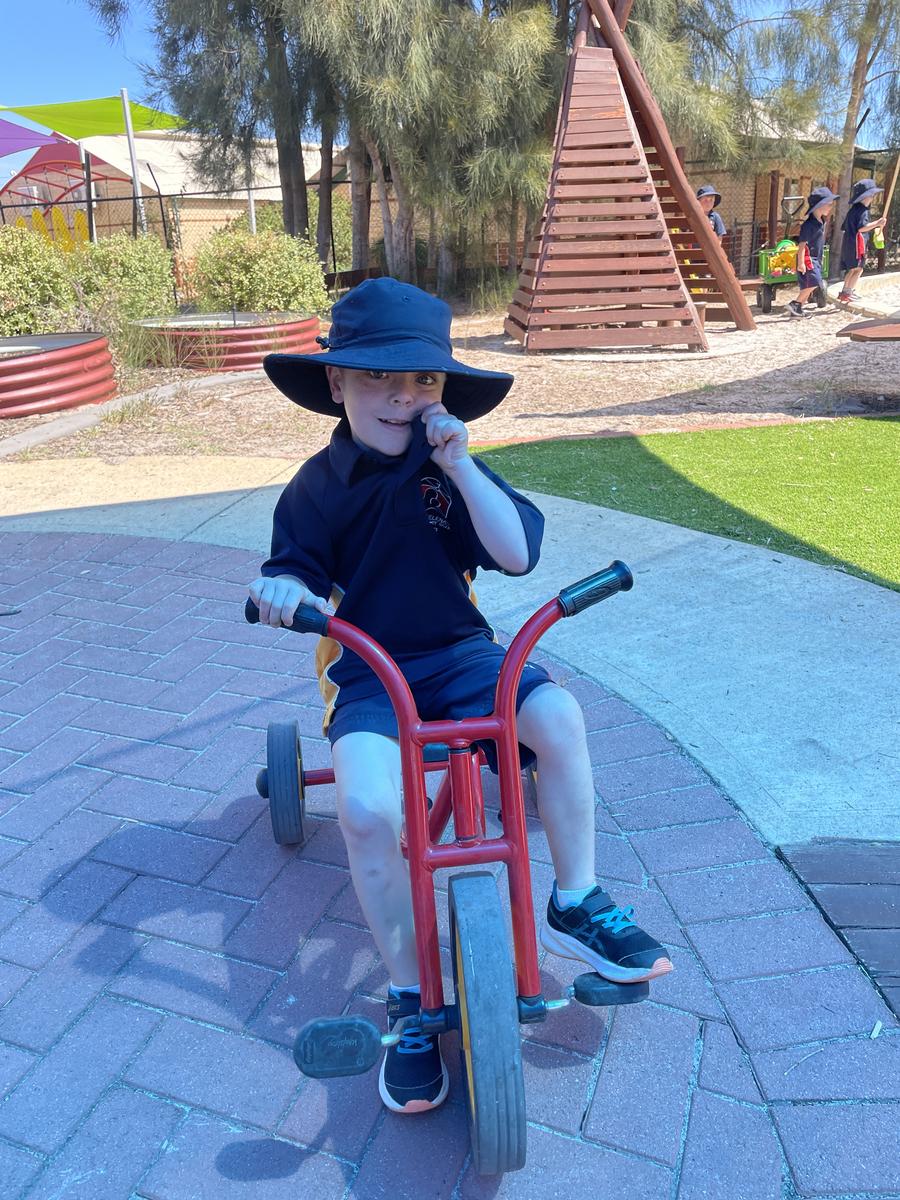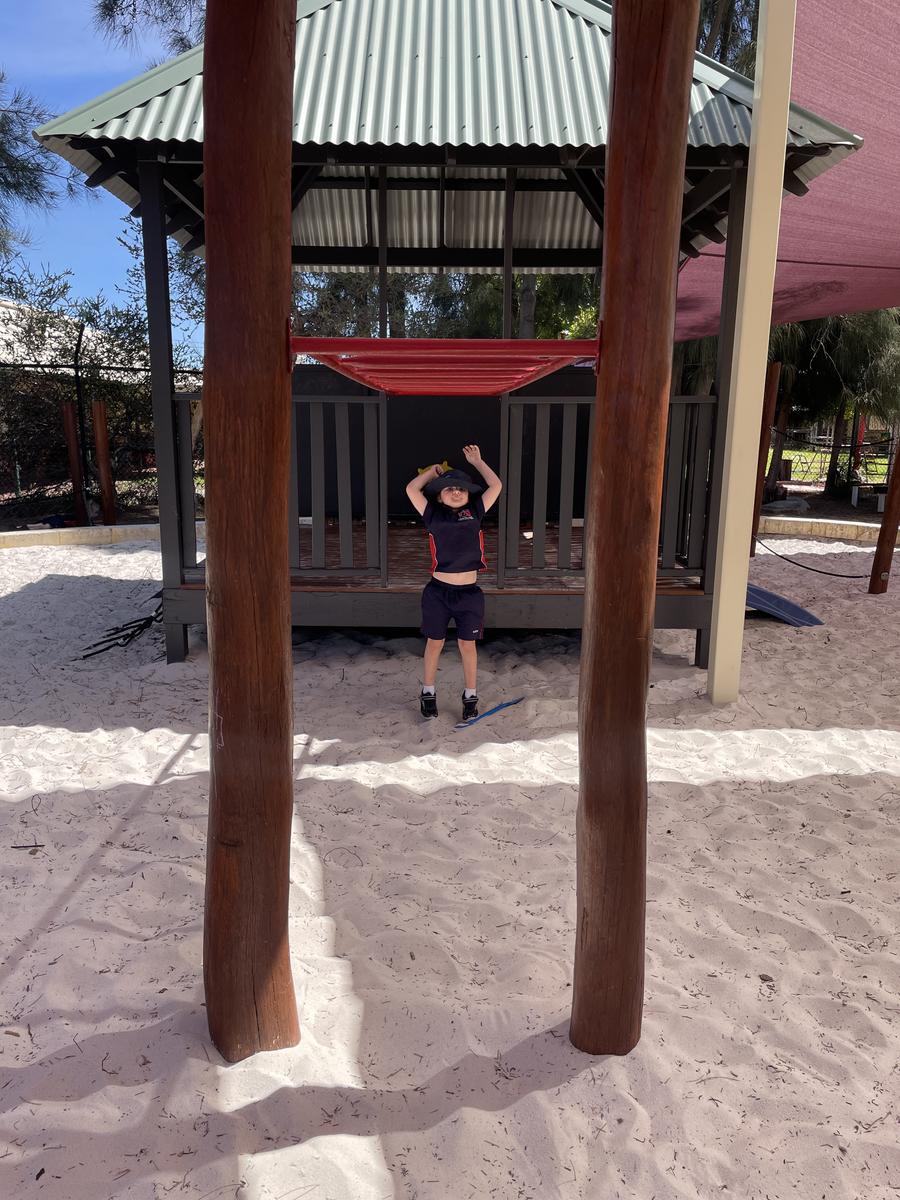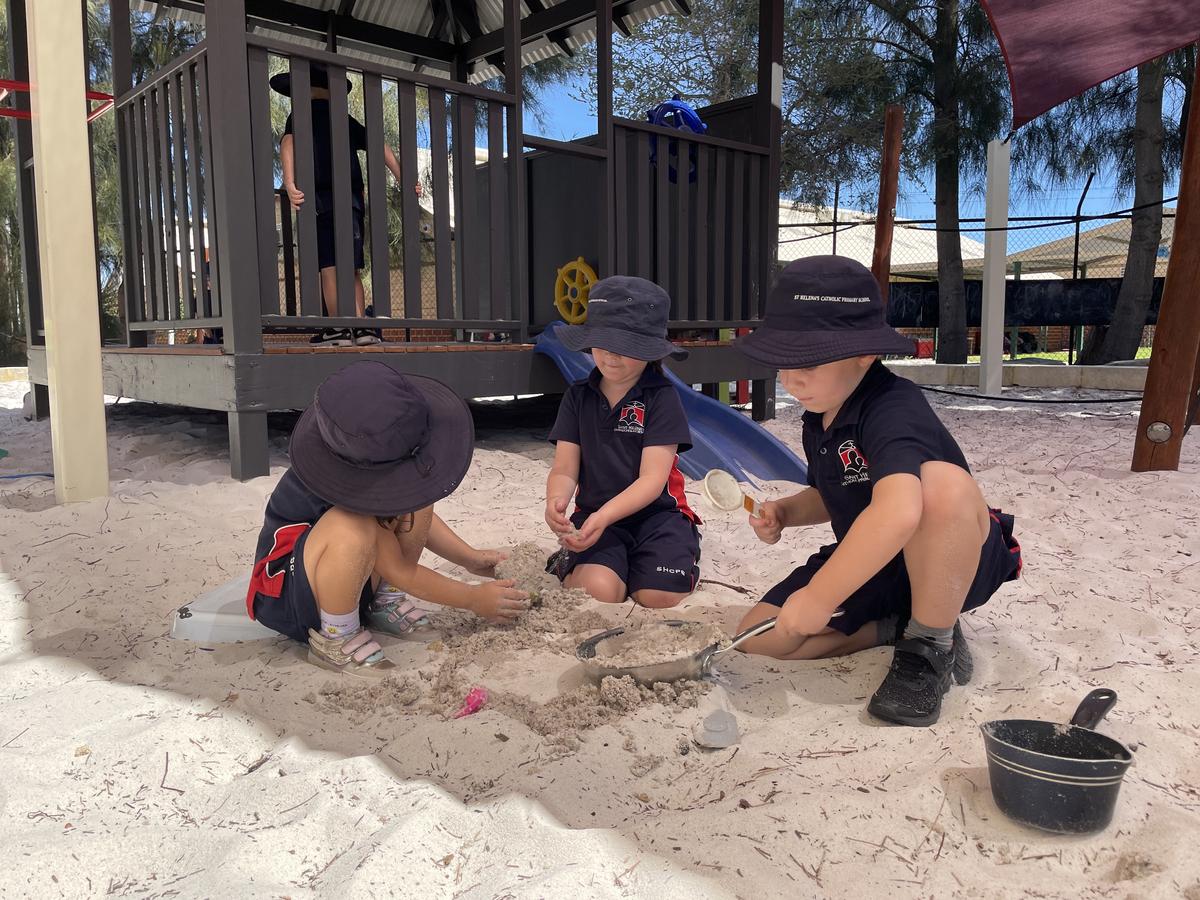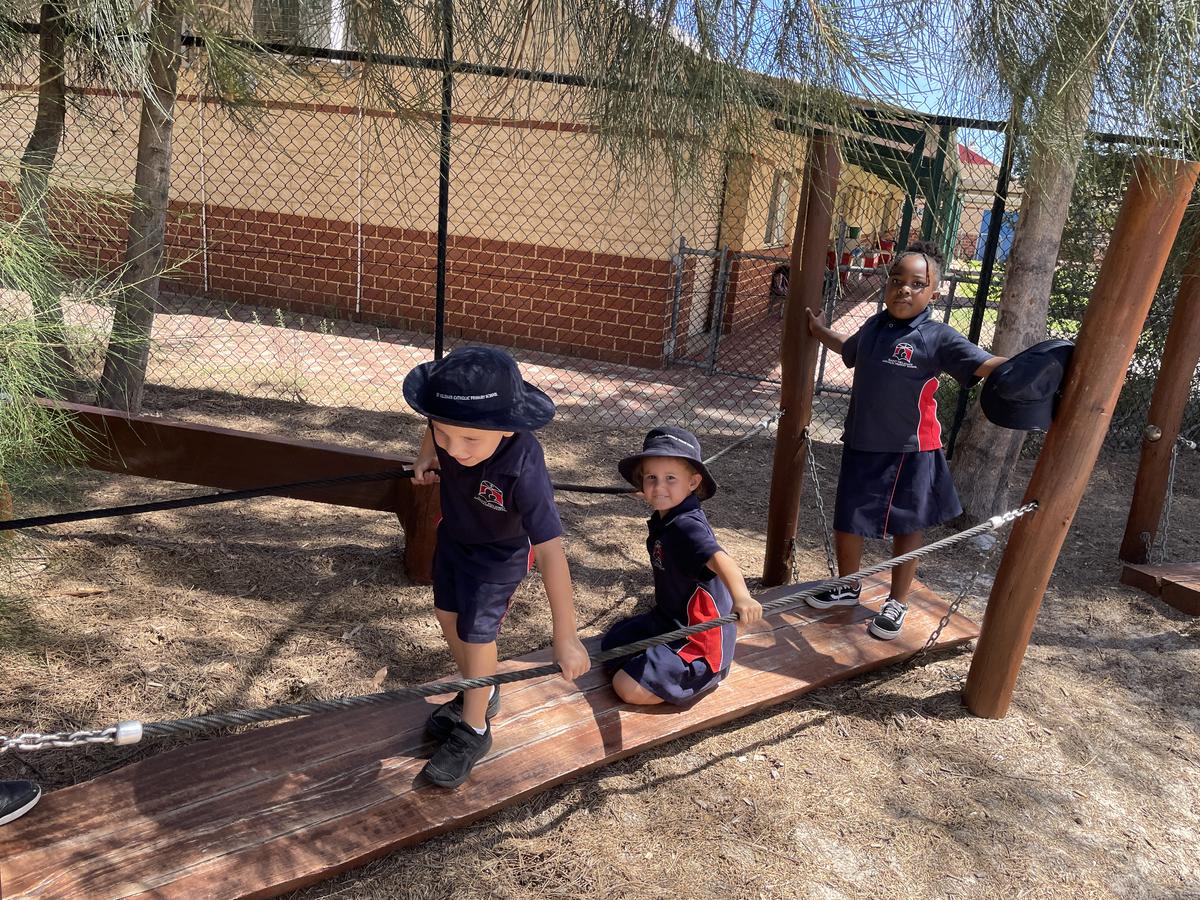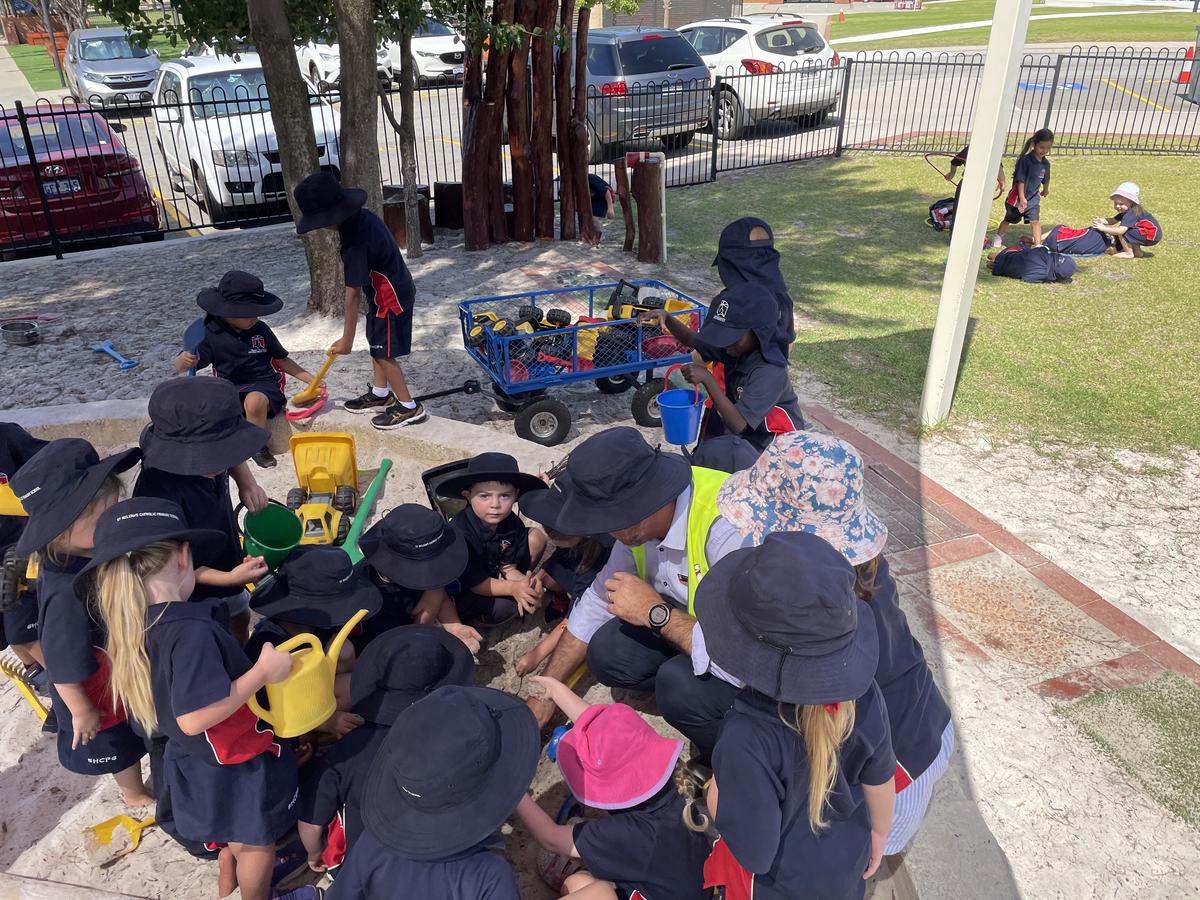Early Childhood News

Gross motor skills are skills and activities that involve the large muscles of the body, such as those in the arms, legs, and trunk. These skills are essential for everyday activities such as walking, running, climbing, and jumping, and they also provide a foundation for more complex movements later in life.
There are many benefits to developing gross motor skills in children. Here are just a few:
- Improved Physical Health: Developing gross motor skills can help children build strong muscles and bones, improve their balance and coordination, and increase their overall physical fitness.
- Enhanced Cognitive Development: Research has shown that there is a strong connection between physical activity and children’s brain development. By engaging in activities that promote gross motor skills, children can improve their ability to focus, pay attention, and learn new things.
- Academic success: When we write, we use the larger muscle groups in our necks, shoulders and trunk (torso) to keep ourselves upright, and allows our fingers and hands to move write.
- Confidence and Self-Esteem: As children develop their gross motor skills, they gain a sense of accomplishment and mastery over their bodies, which can lead to increased confidence and self-esteem. This can have a positive impact on their mental health and well-being.
At school our staff carefully plan and program for children to participate in a range of gross motor activities. Simple activities set up in the playground such as balance beams, bikes, scooters climbing frames, tunnels and balls focus on key gross motor skills.
At home you can also help your child develop their gross motor skills.
- Provide opportunities for physical activity: Make sure your child has plenty of time and space to play and explore, both indoors and outdoors. Encourage them to try different activities such as running, jumping, climbing, and throwing.
- Offer a variety of toys and equipment: Provide your child with toys and equipment that promote gross motor development, such as balls, bicycles, monkey bars and climbing structures. Consider enrolling them in sports or dance classes to further develop their skills.
- Make it fun: Children are more likely to engage in activities that are fun and enjoyable. Incorporate play into gross motor activities, such as creating obstacle courses, throwing balls at targets or playing games that involve movement.
- Encourage independence: As your child grows and develops, allow them to take on more challenging activities and take safe risks. Climbing a tree or balancing on a low wall all use a lot of skills including crossing the midline and balancing. Safe risks can help them build confidence and develop a sense of autonomy.
Developing gross motor skills is essential for every child's physical, cognitive, and social development. By providing opportunities for physical activity, offering a variety of toys and equipment, making it fun, and encouraging independence, you can help your child build a strong foundation for a healthy and active life.

